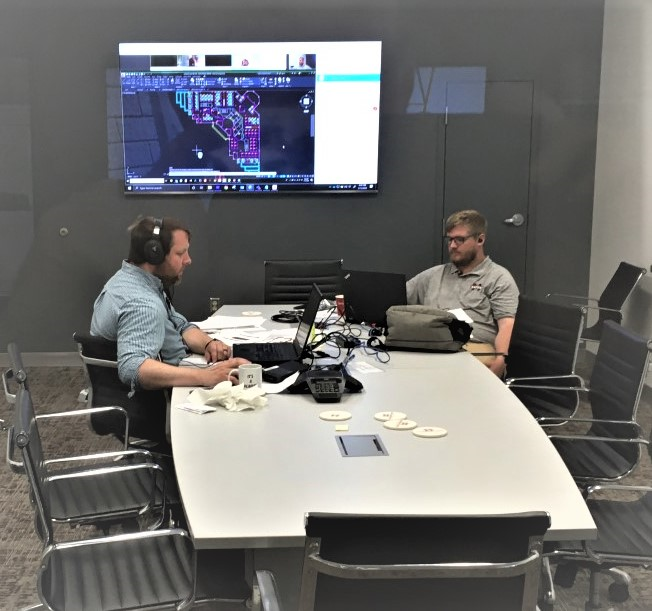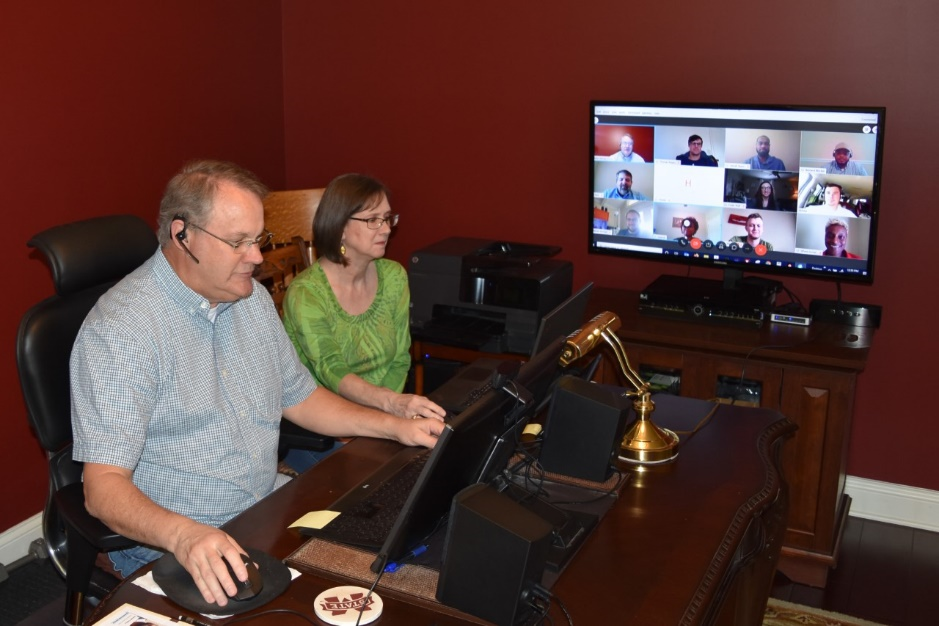More teaching is now being done remotely and on digital platforms due to the COVID-19 pandemic. As universities across the nation made the decision to switch to online instruction and convert their face-to-face teaching to virtual classes, some instructors and professors have ventured into virtual education for the first time. CAVS-E also offered some of its classes online with the most recent courses being AutoCAD and the Lean Manufacturing Certificate program.
These AutoCAD and Lean Manufacturing classes were conducted using the WebEx platform. Students were able to join the class from work or home. Instructors were able to poll the class throughout the day to get anonymous feedback on the class pace and content, and students had the ability to share their screens with the group to work through specific issues. These courses also presented challenges to both the instructors and students as audio content can sometimes be an issue. A robust level of communication between participants is necessary for some learning experiences and in-class interaction online can be difficult.
While some first thought that the unplanned and rapid move to online learning would result in a poor user experience, others believed that the new model of education would emerge with significant benefits. Although the transition to online learning due to COVD-19 was sudden, it has been a positive experience as online learning provides students with increased access to education. Learning can be accelerated for both the teacher and the student by integrating information technology in education. Classes taught remotely also have other advantages, such as saving commuting time and expenses.
Mississippi State University, and other universities around the nation, are planning to resume in-person classroom instruction for the Fall 2020 semester, but will continue to develop new operating guidelines to foster a safe environment and focus on spread reduction techniques including social and physical distancing in classrooms.
To learn more about the programs and services offered by CAVS-E, visit cavse.msstate.edu.



